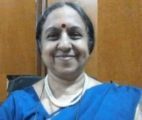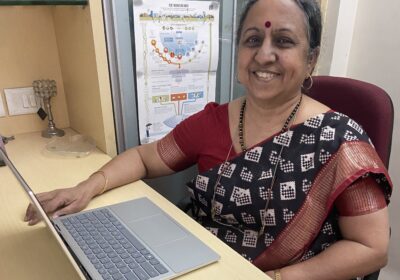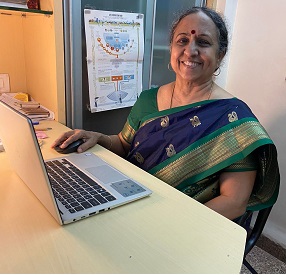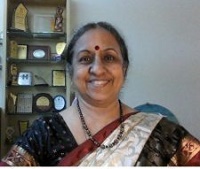When I was a child many doctors had compounders who would make “mixtures” in a bottle, based on a note the doctors gave them. We would get the mixture and maybe powders and tablets with the prescription. I just checked online to see if there are doctors who have compounders now. Apparently some do!
So can a compounder give medical advice or treat a patient? To most people the answer is obvious – and the question is rhetorical. A firm no. And not just about doctors, but it is reasonably obvious that one needs a civil engineer to build bridges and more.
Today we do learn about people without degrees and formal qualifications who made it big in life. Bill Gates, Steve Jobs and many others. Some like my father – may not have “made it big”, but tasted success in other ways; my father was a Physics Major but was the Head of the Electrical Engineering Dept in IIT Bombay. Such people worked very hard to read / study / learn a lot and then made it big in their respective areas.
There IS a difference between learning just by repetition and actual studying. An intelligent compounder may learn a lot over the years and be able to diagnose and come up with the right medications for some patients. Specifically if the doctor has a practice where it is mostly the same patients and families who are visiting for years. But… unless the compounder learns the theories needed – anatomy, physiology and all medical subjects he or she cannot be qualified to treat, understand limitations and refer patients to specialists. The theories and principles are vital.
And, I come to literature searching. My pet topic. And my pet peeve … why does a majority feel that they know how to search. And this – just because – every day – repetitively they go to a resource Google / PubMed or another, type in a few words, make do with results in the first couple of pages! With more practice, they try other keywords or some new tip they learnt?
Our medical education system needs to insist that the knowledge of theories and principles of searching are vital knowledge, when one does a search for :
- STS / UG projects
- The PG theses research
- Writing articles / book chapters and more
- Authoring systematic reviews / papers that include a meta-analyses
- Creating policies and guidelines
And just like there is an MBBS, MD/MS and Super-specialties, there IS a need to learn more and more about searching as one moves from a UG project, up the hierarchy to creating policies and guidelines.
And that not just any one should teach these skills. Whoever teaches must make an effort to learn things right and teach correctly. I had earlier written this post – To learn more – teach more. Pros and cons where I had shared how good clinicians / teachers taught wrong stuff. And the danger is that just because these “teachers” are good at what they are qualified, and often are wonderful people, students, with full faith could learn all the wrong stuff.
Let us ensure that those who want to teach literature searching, first learn it right. Let them not be compounders who prescribe practices without understanding the theories.
QMed wishes to help the whole country learn. And has its online courses all ready. We want to add more courses and share our knowledge. And help lots of people to learn better and teach better.
Here is a “call to action”
We have established why we are here. We invite you to help us by spreading the word about us – www.qmed.ngo/about and our courses – www.qmed.ngo/courses – to your peers / students / colleagues – right up to University heads and the NMC. And share the message that the sooner everyone learns these skills, the more they contribute to evidence based health care practices.
Or simply forward this blog post. Make it go viral.




